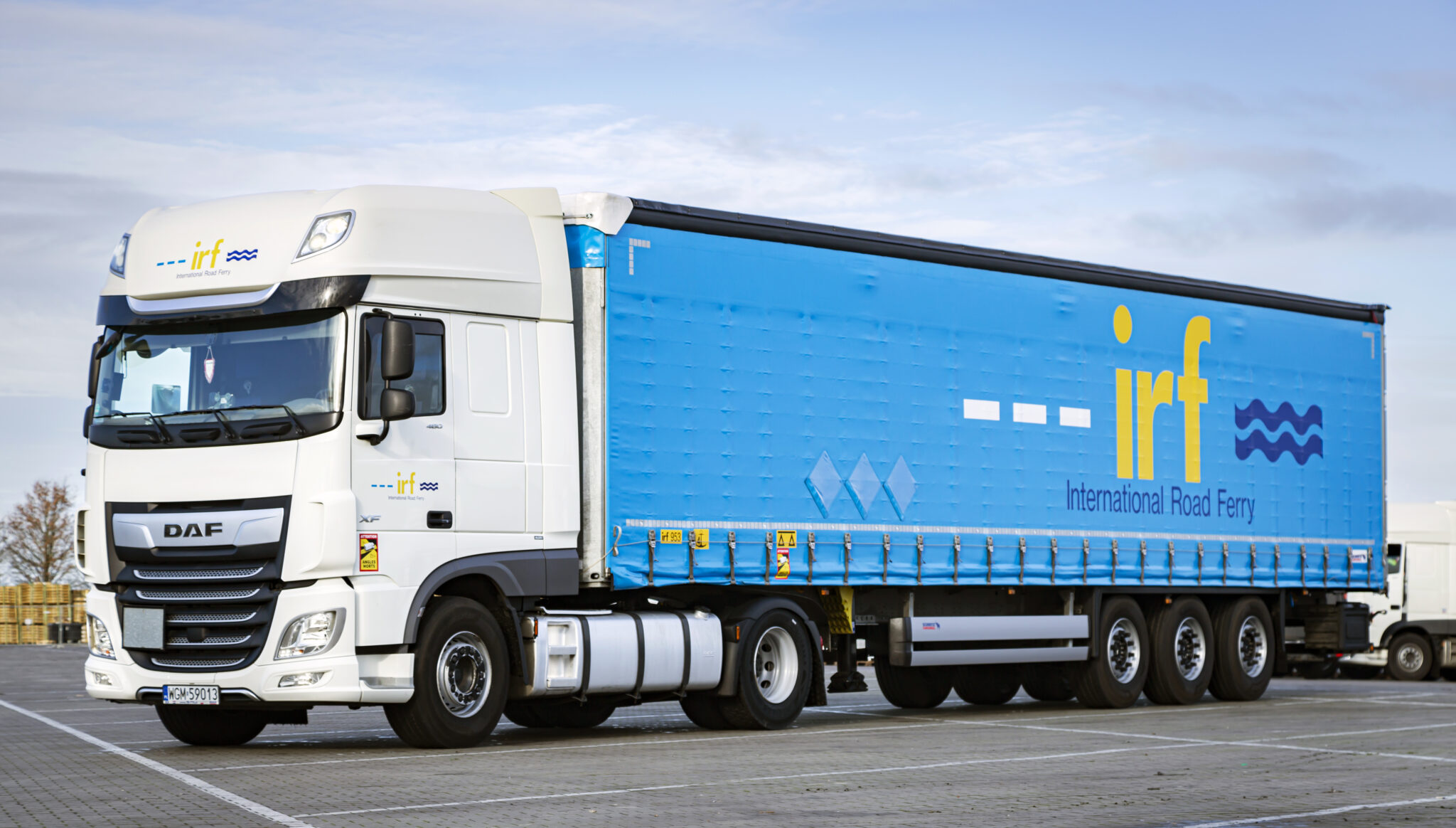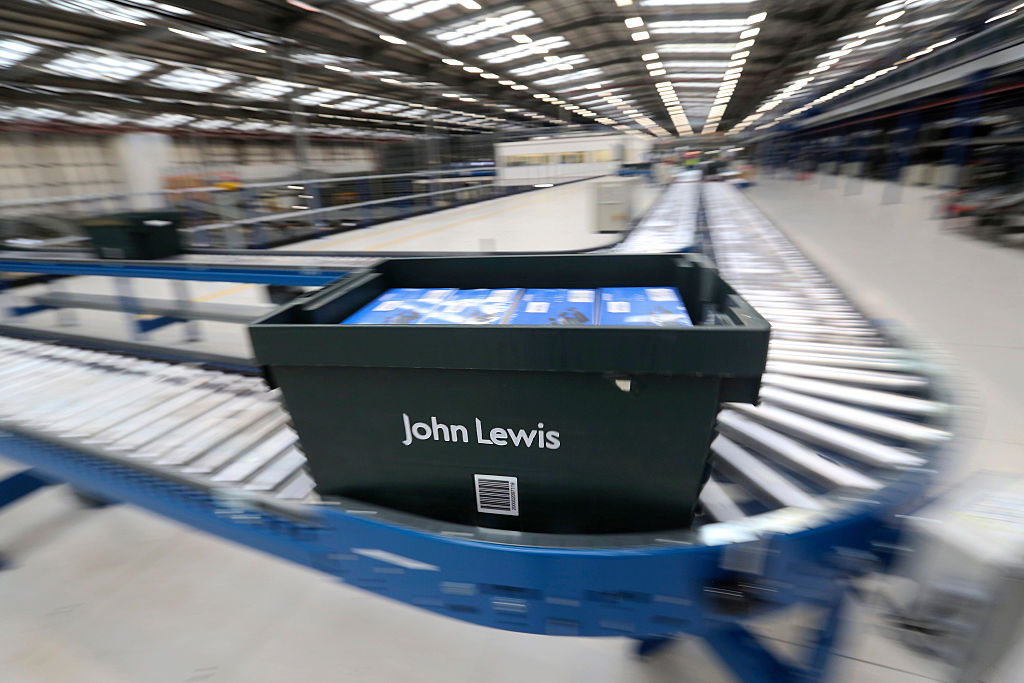Culina Group, a leading provider of shared-user FMCG logistics services, has announced an agreement to take over International Road Ferry (IRF) as from Tuesday 3rd January 2023. The terms of the agreement, including consideration, have not been disclosed.
International Road Ferry is a major player in the transport market with offices in Rotterdam, Grubbenvorst (Venlo), Felixstowe and Thetford and specialises in unaccompanied transport between Great Britain, the Netherlands, Germany and Switzerland both full loads and part loads.
The business has over 25 years of experience in the unaccompanied transport to and from these markets and their knowledge, local offices and short communication lines guarantee first class and reliable customer service.
Culina Group has significantly strengthened its position in the European Logistics Sector with this acquisition. International Road Ferry will benefit from Group ownership which will provide investment and job retention whilst bringing an entrepreneurial spirit.
“International Road Ferry and Culina Group are complementary businesses, both are strong organisations with well-earned reputations in the industry and hold similar values. This is a great fit which is going to be beneficial for both our staff and for our clients, whilst making Culina Group a key player in European transport”, said Thomas van Mourik, Culina Group CEO,
“It goes without saying that we are acquiring some excellent people, contracts and facilities. This move significantly expands our European network and will enable us to benefit from synergies and efficiencies that will improve our service offer to customers even further.”
Going forward it will be business as usual for International Road Ferry which will sit within Culina Group’s Stobart Intermodal operation headed up by Arthur Koutstaal as Managing Director.
Raff Hustinx, Stobart Europe Managing Director, will be assisting with finance and reporting.
“Culina Group recognises that it is investing in a highly successful business with its own great spirit. Our aim is to now support our growth trajectory with the added infrastructure and resources of the overall Culina Group. The combining of our two businesses will create major opportunities for significantly growing market share.” said Antoine Ligtvoet, CEO, International Road Ferry.
The primary aim for Culina Group is to ensure that all current and prospective customers continue to benefit from market-leading levels of service.
Working hand-in-hand with global leading brands and manufacturers plus a multitude of own-label producers and developing companies Culina Group’s strategic focus is on food & drink logistics within a shared-user environment, driven by volume and critical mass to deliver efficient and cost-effective solutions for clients of all sizes.
Culina Group is an established market-leading ambient and chilled food & drink 3PL specialist providing warehousing, distribution, contract packing, and services for bonded goods across the UK and Ireland. The Group includes well known businesses including – Culina Logistics, Great Bear, Stobart, Stobart Europe, iForce, The Pallet Network, Logistics People, Fowler Welch, CML, Morgan McLernon, IPS, MMiD, and Warrens.
Culina Group now has an overall turnover of more than £2.2 Billion, a combined workforce in excess of 22,000 employees at peak, over 20 million square feet of warehousing and a joint fleet of more than 5,000 vehicles.




